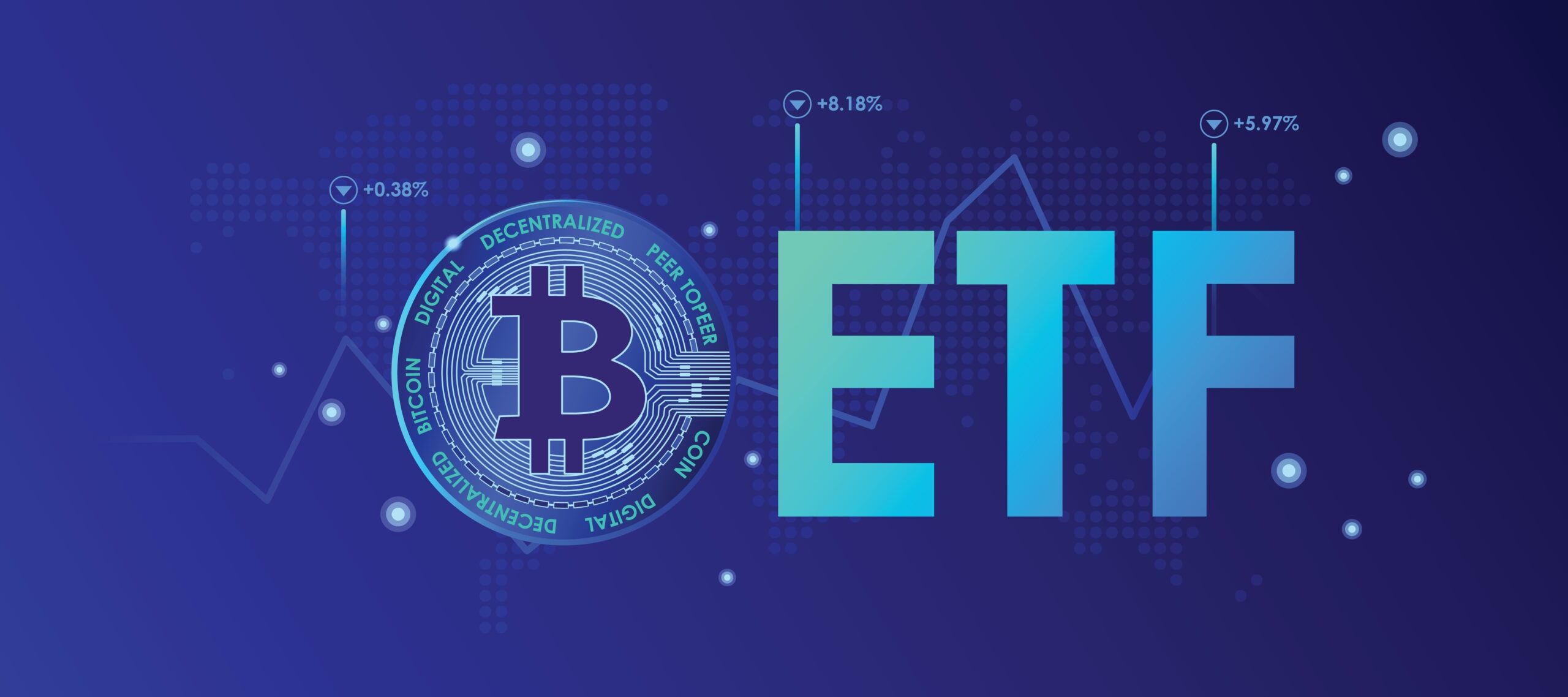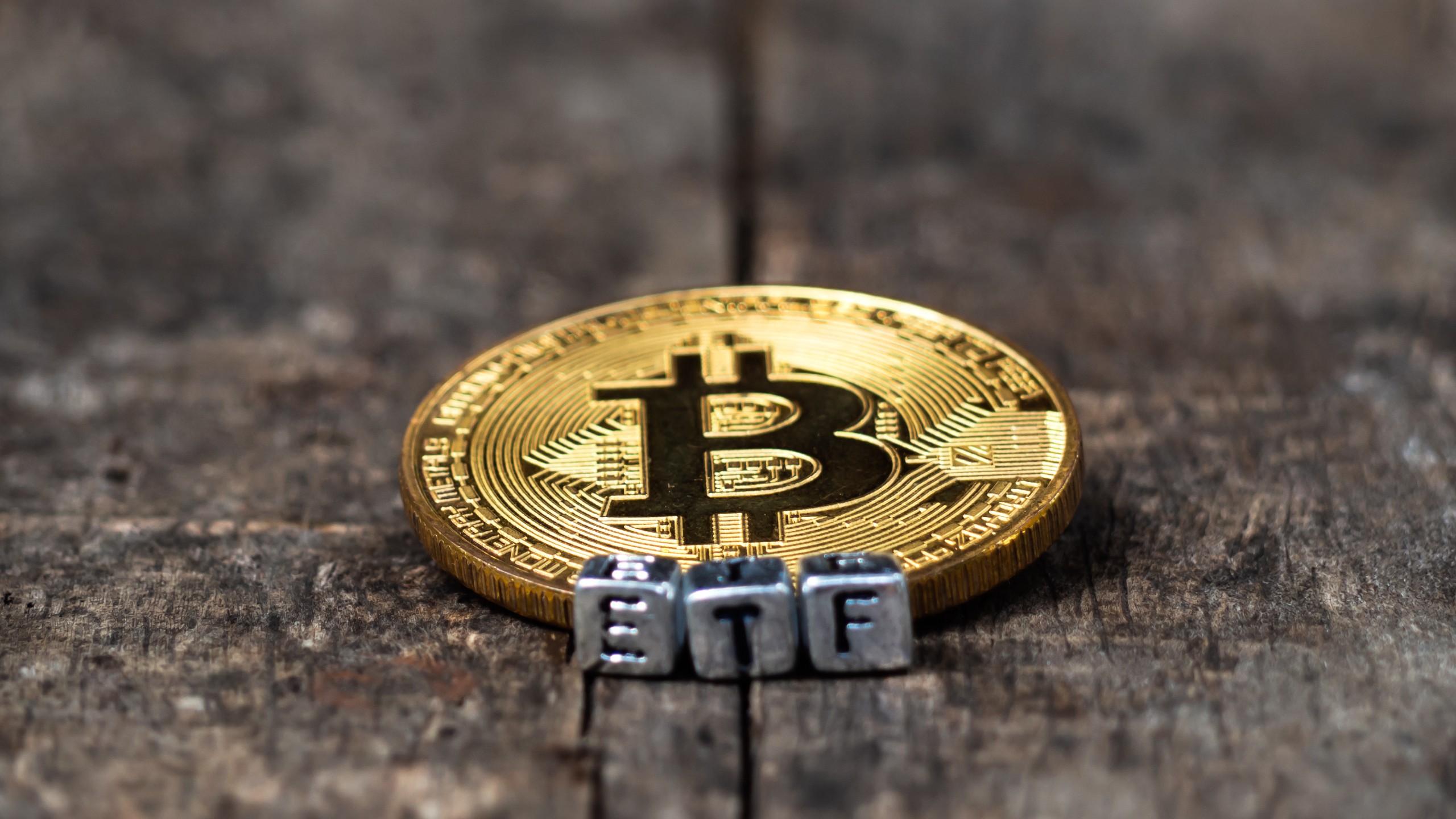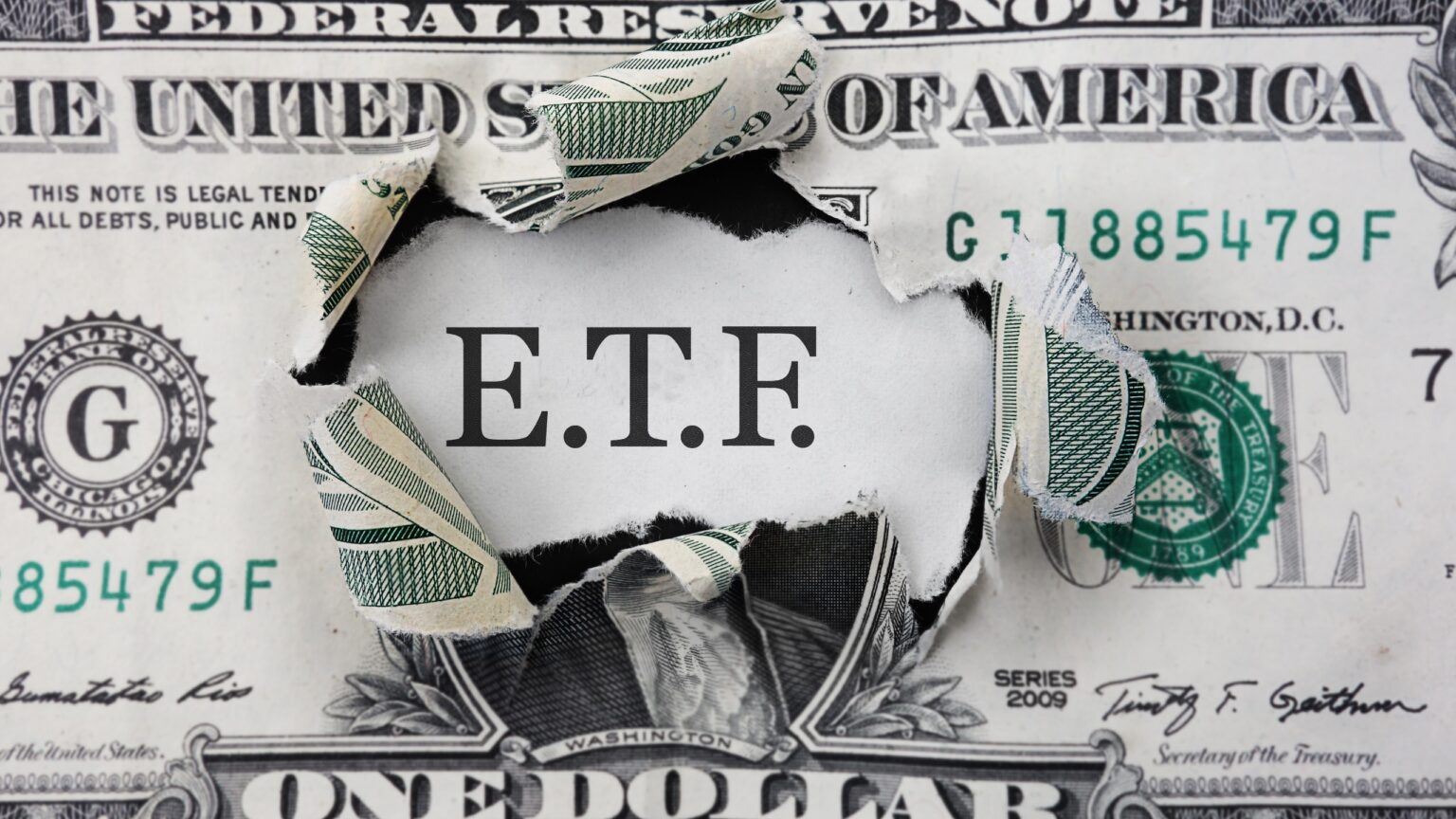In a decision by the Securities and Exchange Commission (SEC), Grayscale Investments LLC has won the right to convert its hefty $17 billion Bitcoin trust into a physically backed ETF.
While this move positions Grayscale favorably in the ETF sector, its 2% fee structure is now under the microscope. As renowned financial behemoths step into the Bitcoin ETF realm with competitive pricing, Grayscale’s high fees may become its Achilles heel.
Recent data from Bloomberg Intelligence reveals that Grayscale’s current 2% fee is considerably higher than the 0.54% average across US-listed ETFs. Furthermore, the average fee is 1.48% globally, even in the volatile crypto ETF domain. With established players like BlackRock Inc., Invesco Ltd., and Fidelity Investments known for their low-cost structures, Grayscale’s fee model for its Bitcoin trust, GBTC, might be challenged.
Nate Geraci, president of The ETF Store, aptly summarizes the scenario:
“Grayscale is up against issuers such as BlackRock and Invesco, who are known to intensely compete on fees.
With the basic structure of spot-bitcoin ETFs being consistent, holding Bitcoin fees will undoubtedly emerge as a major distinguishing factor.

Grayscale’s strategy moving forward
Michael Sonnenshein, Grayscale’s Chief Executive Officer, expressed the firm’s dedication to fee adjustments post-ETF conversion. However, specifics regarding the extent of the fee reduction remain undisclosed. This move might be strategic as Grayscale assesses its rivals’ competitive landscape and prospective fee models.
Fee wars aren’t a new phenomenon in the ETF world. The realm has witnessed fierce competition, especially with the debut of new products. In a recent instance, State Street Global Advisors intensified the competition by introducing an ultra-low 0.02% fee on its S&P 500 fund, setting industry leaders like BlackRock and Vanguard Group Inc. on edge.
According to Geraci’s estimation, referencing Ether-futures ETF filings, the charges for Bitcoin ETFs could be as low as 0.4%. He highlights the importance of this transition, stating:
“Grayscale needs to be prepared for a significant fee drop, maybe even to 20 basis points. It’s a high-stakes battle, and the company’s revenue and potential assets are on the line.”

A race with multiple contenders
While Grayscale’s victory marks a positive stride toward introducing a Bitcoin ETF in the US, the final verdict is still pending. The SEC’s upcoming decisions on similar applications by industry leaders could redefine the ETF landscape.
With her firm’s application in the queue, Cathie Wood speculates the SEC might approve multiple ETFs simultaneously, leveling the playing field, according to the report. However, Dave Nadig of VettaFi offers a different perspective. If one company gets a head start, even by a day, it might reap substantial benefits, regardless of the fee structure. When multiple ETFs launch together, a blend of strong institutional-level trading capabilities and pricing will dictate their success.
In a related report, Bitwise recently retracted its Bitcoin and Ether Market Cap Weight Strategy ETF application, indicating a strategic re-evaluation amidst the bullish market sentiment post-Grayscale’s SEC win. The SEC’s delays on multiple Bitcoin ETF applications further underscore its cautious and meticulous approach.
While Grayscale’s triumph brings the reality of a US Bitcoin ETF one step closer, the definitive outcome remains suspenseful. The looming SEC decisions, scheduled for October but potentially deferred to early next year, will be instrumental in shaping the ETF industry’s future dynamics. As market forces, competitive strategies, and regulatory verdicts converge, the Bitcoin ETF landscape is poised for a transformative phase.









 and then
and then